The album is one of triumph over that grief and living despite the sadness and struggles of the world we live in, and life in general. Fragmented vocals weave in and out as echoes of past deeds and memories come back to mind.
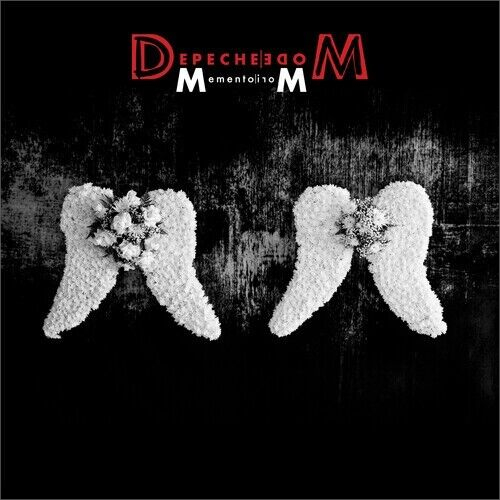
Soldiering on in the face of what might defeat others
Grief suffuses Memento Mori, the latest album by Depeche Mode and the first following the untimely death of founding member Andrew Fletcher (known to the band and fans as Fletch). It’s in the lyrics, the arrangements, in the production and the title. Yet the album is one of triumph over that grief and living despite the sadness and struggles of the world, and life in general. Fragmented vocals weave in and out as echoes of past deeds and memories come back to mind. The production is excellent as always, showcasing the work of legends soldiering on in the face of what might defeat others.
For a legendary group like Depeche Mode, any album at this point in their forty-plus years comes under massive scrutiny and invariable comparisons to their earlier and perhaps most famous work of the 1980s. It’s a syndrome that befalls all artists regardless of their fame and longevity, be they The Beatles, The Rolling Stones, Kraftwerk or David Bowie. Fans and critics play a part in this with many lamenting that an album doesn’t sound like a previous one or like a group of albums from a previous era.
Add to that the death of Fletch and the inevitable chorus from the peanut gallery of the internet wailing of the return of past members Alan Wilder or even Vince Clarke. I’d be lying if I said I didn’t think this for a moment and I’m ashamed to admit it. As a teenager, I had several Depeche Mode albums and they’re a bigger influence on my musical output than I can estimate. It’s an idea that’s frankly childish that does a disservice to not only Martin Gore and Dave Gahan, the surviving members of Depeche Mode, but it does a disservice to the band itself in all its configurations. DM has not only survived losing founding members early on, but thrived and evolved gloriously because of it. Which is why Memento Mori is not only one of their best albums of the last twenty-odd years, but also heralds a new chapter in their growth as musicians.

Memento Mori opens with “My Cosmos Is Mine,” a dark and heavy slab of a slow burner. It seems an odd choice for the first track of an album yet taken in context and as a whole it’s perfect: loud, confusing, sad, mordant and eventually leading to a sort of calm it sets the stage for the album as it fades in a wash of reverb washing over delayed fragments of Martin Gore’s broken angel voice. “Wagging Tongue” starts with an arpeggiated homage to DM’s heroes Kraftwerk but as soon as Dave Gahan’s voice is heard it’s clearly a Depeche Mode track, with Gahan and Gore’s interplay in perfect form, synths and drum machines clanking along in synchrony.
“To me, “Ghosts Again” just captures this perfect balance of melancholy and joy. It’s not often that we record a song that I just don’t get sick of listening to — I’m excited to be able to share it.” ~ Dave Gahan
“Ghosts Again” is co-authored with Richard Butler of The Psychedelic Furs and is the gem of the album with a minor yet uplifting progression as it weaves a story of loss, acceptance and forgiveness. “Don’t Say You Love Me” is a loping ballad of burbling synths, noisy drums, lazy strummed guitars and orchestral strings. “My Favorite Stranger” is another slow burner, chugging along with bass guitar(!), treated guitar and synths which—while describing most of the songs herein—work in this context to illustrate an image of a man haunted by his own deeds. “Soul With Me” opens on warbling synth pads mixed with a sampled voice as Martin Gore’s voice slinks in on a bed of guitars and synthetic adornments, dreamy as ever with his wide vocal range. “Caroline’s Monkey” is a raw tale of addiction sung by Gahan (no stranger himself to addiction though many years sober now), a sticky, twitching portrayal of someone tormented by their substance abuse. “Before We Drown” is a tale of two people trying to reconcile while questions remain on both sides about the wisdom of that move as the constant companion of stellar production works into a bubbling synth banger, more club than bedroom in its flavor.
“People Are Good” is an excellent example of something this album has more of than most DM releases which is the deft use of synths in precise arrangements that uplift the track (not holding it down) while Gahan wrestles with the polarizing and hypocritical actions of others. “Always You” is an ode to one’s beloved, pulsing and clicking synths supporting Gahan’s weathered and wonderful voice. “Never Let Me Go” is faster than most of the tracks, bringing an intensity with very live drums and screeching guitars. “Speak to Me” closes the album out perfectly in a slow, somber tone yet ever-growing and unfolding while Gahan portrays someone deep in grief, desperate for some sign or contact of a departed loved one; a perfect end to Memento Mori, the first Depeche Mode album, without Fletch’s input and influence yet suffused with his presence.
Memento Mori is available on Columbia. [Site]






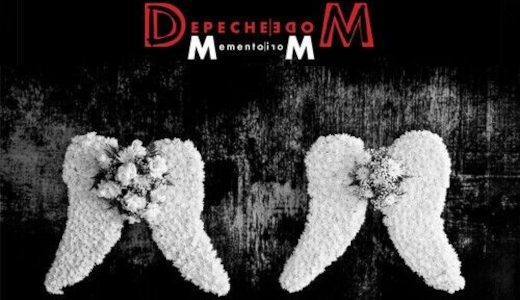






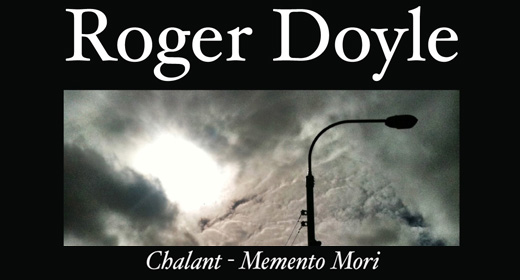
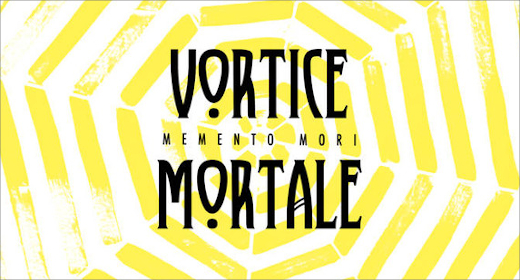
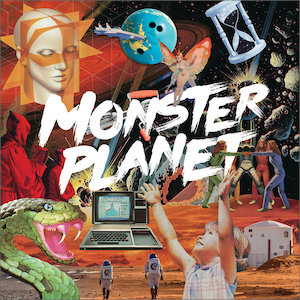

![Pole :: Tempus Remixes (Mute) — [concise]](https://igloomag.com/wp/wp-content/uploads/2025/04/pole-tempus-remixes_feat-75x75.jpg)






![Hasbeen :: Bunker Symphonies II (Clean Error) — [concise]](https://igloomag.com/wp/wp-content/uploads/2025/04/hasbeen-bunker-symphonies-ii_feat-75x75.jpg)

